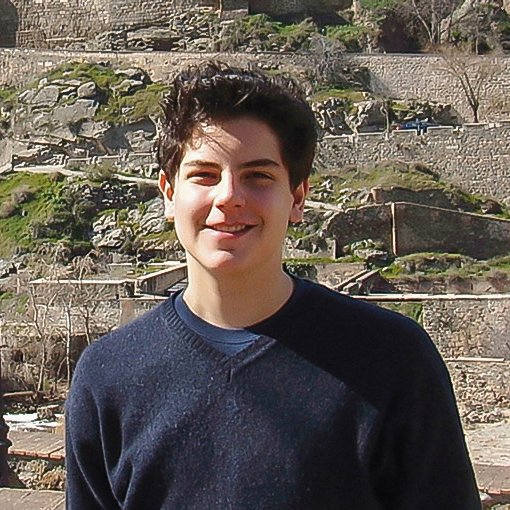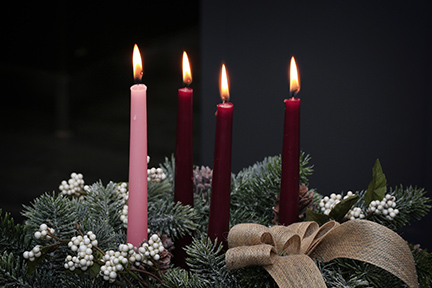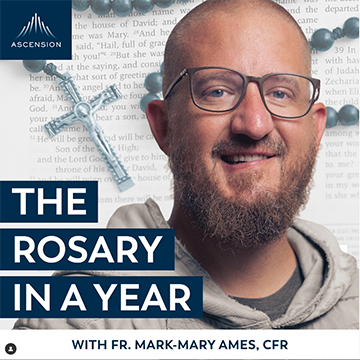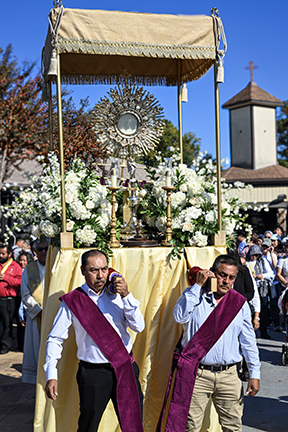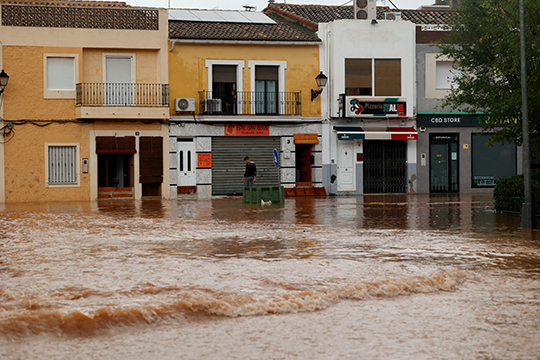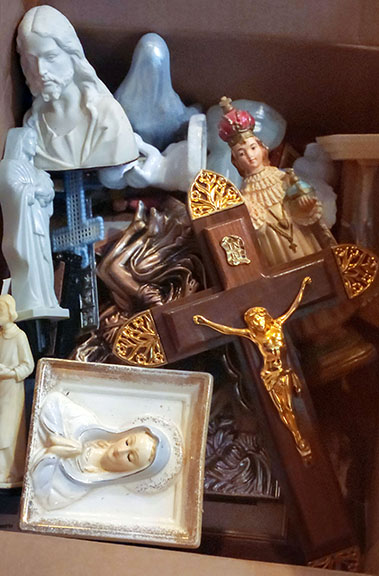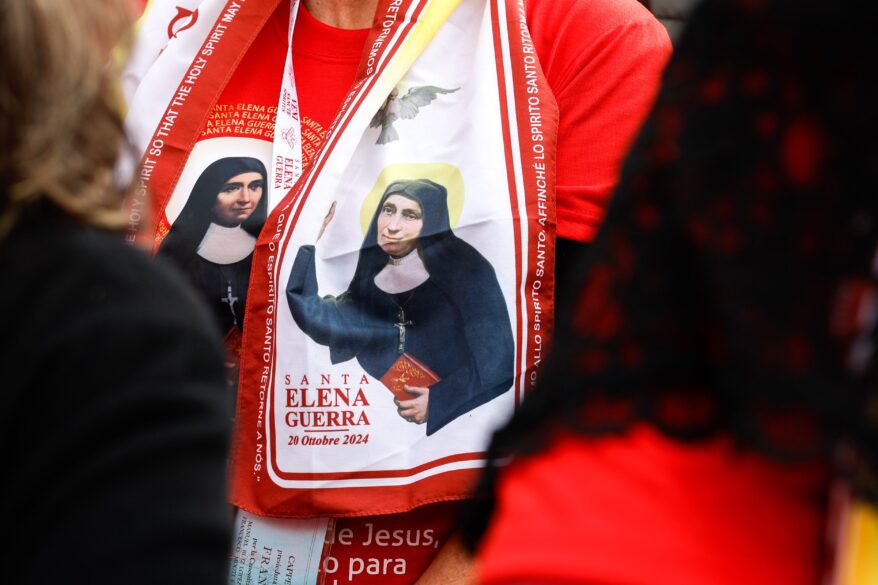By Peter Jesserer Smith
BALTIMORE (OSV News) – The U.S. bishops’ annual fall assembly in Baltimore saw the shepherds of the Catholic Church in this country make intentional steps toward integrating their work with the synodal missionary style called for by the global church’s recently concluded Synod on Synodality.
At the outset of the Nov. 11-14 plenary assembly, Archbishop Timothy P. Broglio of the U.S. Archdiocese for the Military Services, president of the U.S. Conference of Catholic Bishops, delivered a homily in the Basilica of the National Shrine of the Assumption of the Blessed Virgin Mary – “the mother church of the synodal activity of the hierarchy in this country” – where he called upon the bishops to beg for wisdom “because we recognize that we are servants of the truth and charged to find ways to help those entrusted to our care.”
At the opening public session, Cardinal Christophe Pierre, the papal ambassador to the U.S., told the bishops that Pope Francis’ recent encyclical “Dilexit Nos,” on the Sacred Heart of Jesus, is a call to “return to the heart” of Jesus – and key to understanding the church’s call to synodal evangelization, Eucharistic revival and the upcoming Jubilee 2025.
“The deeper we go into his heart, the more strengthened we will be to proclaim the Good News together,” he said Nov. 12.
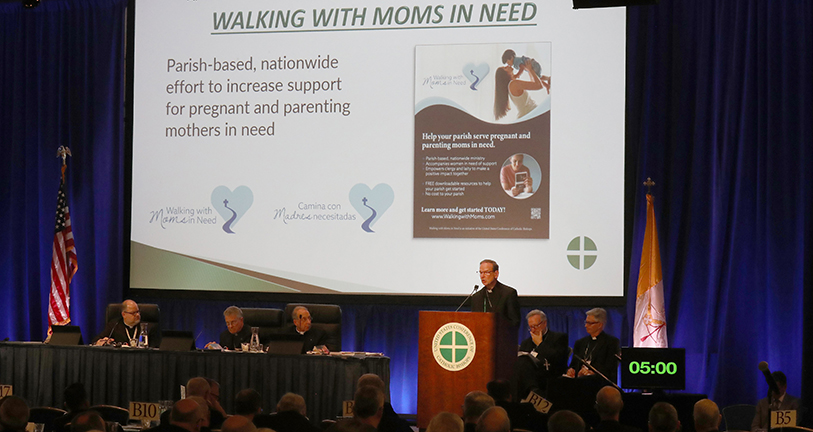
Over the course of the assembly’s Nov. 12 and 13 public sessions, the bishops voted to approve a new “mission directive” for 2025-2028, which commits USCCB committees and staff to prioritize in their work “evangelizing those who are religiously unaffiliated or disaffiliated from the Church, with special focus on young adults and the youth.”
Regarding the global synod that concluded in October, a majority of the U.S. bishops in a voice vote Nov. 12 called for the USCCB’s Committee on Priorities and Plans to discern developing a task force to help the conference and dioceses implement the final synod document approved by Pope Francis.
Bishop Daniel E. Flores of Brownsville, Texas, who has led the USCCB’s involvement in the synod process, briefed the bishops on the synod’s October meeting. He said that more theological work needs to be done alongside efforts to develop a synodal missionary culture among Catholics.
“If it doesn’t reach the parishes, it hardly reaches the people of God,” he noted.
The bishops also decided to go ahead with drafting a new document on lay ecclesial ministry in the U.S., that would take into account what Bishop Robert E. Barron of Winona-Rochester, Minnesota, chair of the Committee on Laity, Marriage, Family Life, and Youth, called “the experience of co-responsibility in the church, the evolving nature of parish and diocesan workplaces, and above all the call to greater synodality.”
They also approved a final draft of “The Order of Crowning an Image of the Blessed Virgin Mary,” Spanish texts for the Liturgy of the Hours, and the revised New American Bible for use in liturgy.
The conference also saw exemplars of American holiness promoted. The bishops affirmed two new causes brought to them for consultation: Benedictine Sister Annella Zervas of Moorhead, Minnesota, and Gertrude Agnes Barber, a laywoman from Erie, Pennsylvania.
Auxiliary Bishop Roy E. Campbell of Washington, president of the National Black Catholic Congress, who presented on the NBCC’s 2023 congress and resulting pastoral action plan, called on the bishops to promote the canonization causes of Black Catholics known collectively as the “Holy Six” – Venerable Mother Mary Lange; Venerable Father Augustus Tolton; Venerable Mother Henriette DeLille; Venerable Pierre Toussaint; Servant of God Julia Greeley; and Servant of God Sister Thea Bowman.
Bishop Stepan Sus, head of the Ukrainian Greek Catholic Church’s Pastoral and Migration Department, received a standing ovation from the bishops after sharing with them Ukraine’s plight under Russian occupation and thanking the U.S. church for its continued solidarity.
“As a church we cannot change all realities of the world,” he said. “But we can be next to those people who suffer and wipe their tears.”
Bishop Andrew H. Cozzens of Crookston, Minnesota, and board chair of the National Eucharistic Congress Inc., discussed the NEC’s next steps after the overwhelmingly positive feedback from the 2024 national Eucharistic pilgrimages and congress, saying the organization would support dioceses in their own events, “especially helping to form and send Eucharistic missionaries.”
The bishops also discussed how to mark the 10th anniversary of the release of “Laudato Si’,” Pope Francis’ encyclical on integral ecology. Ukrainian Catholic Archbishop Borys A. Gudziak of Philadelphia, chair of the Committee on Domestic Justice and Human Development, suggested the encyclical could be “integrated into our core mission of evangelization,” and that bringing back fasting practices, such as regularly abstaining from eating meat on Fridays, “would be good for the soul and for the planet.”
The bishops also heard a presentation offered by the committees on Laity, Marriage, Family Life, and Youth; Pro-Life Activities; and Catholic Education in relation to implementing the Vatican declaration on human dignity, “Dignitas Infinita,” released in April.
The looming potential of President-elect Donald Trump implementing his campaign promise to enact mass deportations also shaped the bishops’ conversation. Bishop Mark J. Seitz of El Paso, chair of the U.S. Conference of Catholic Bishops’ Committee on Migration, encouraged his brother bishops and their priests to speak loudly and unified on the issue of migration, especially in light of recent rhetoric from public figures, saying the lay faithful have a “real hunger … for leadership from their priests and bishops alike on this issue.”
The conference also passed an operating budget for 2025 with no increase in diocesan assessment.
They elected bishops to several USCCB leadership positions. Archbishop Bernard A. Hebda of St. Paul and Minneapolis was voted in as treasurer-elect and chairman-elect of the budget committee. Auxiliary Bishop Michael G. Woost of Cleveland was elected chairman-elect for the Committee on Divine Worship; Archbishop Shelton J. Fabre of Louisville, Kentucky, was elected chairman-elect of the Committee on Domestic Justice and Human Development; and Bishop Edward J. Burns was elected as head of the Committee on Laity, Marriage, Family Life and Youth; and Bishop Brendan J. Cahill of Victoria, Texas, was elected chairman-elect of the Committee on Migration. The prelates assume their positions at the conclusion of the bishops’ 2025 fall assembly.
The bishops also confirmed two bishops to the board of directors of Catholic Relief Services, the international relief agency of the Catholic Church in the U.S.: Bishop Donald J. Hying of Madison, Wisconsin, and Auxiliary Bishop Evelio Menjivar-Ayala of Washington.
The USCCB concluded its annual plenary assembly Nov. 14 in executive session, but released a statement of pastoral concern that day of “firm solidarity with our immigrant brothers and sisters who live and labor in these United States.” It stated, “Together, we must speak out on behalf of the ‘huddled masses yearning to breathe free’ and ask our government to provide fair and humane treatment for our beloved immigrant brothers and sisters.”
(Peter Jesserer Smith is the national news and features editor for OSV News.)

